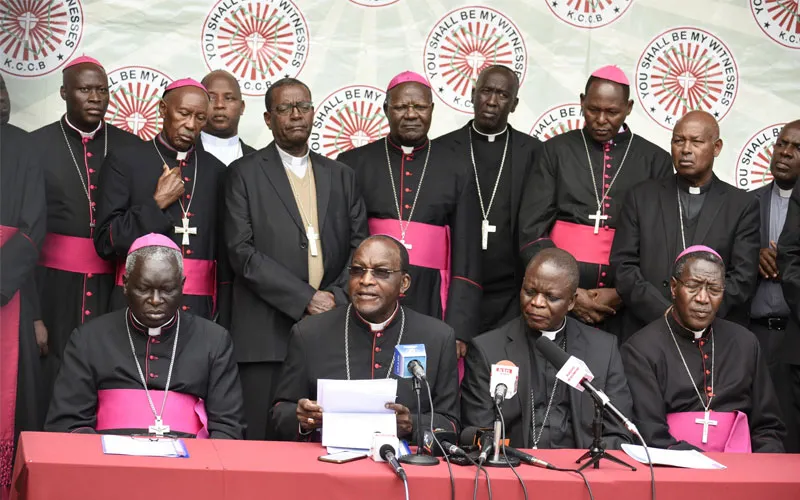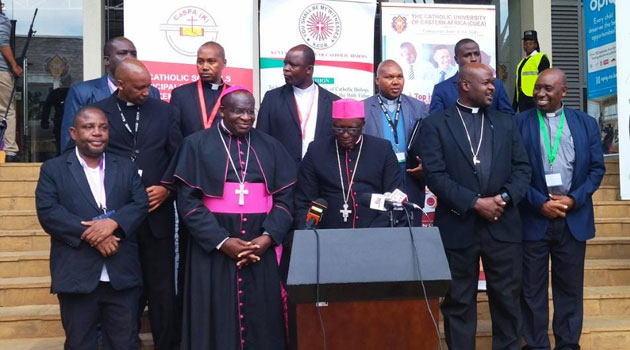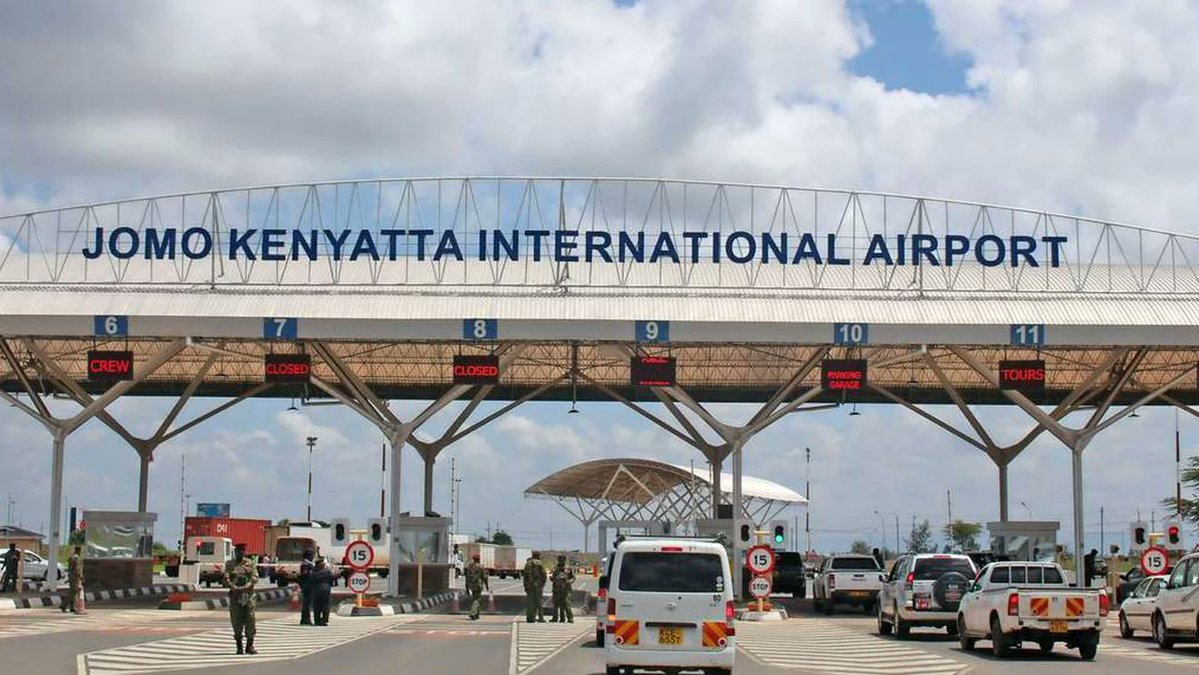The Kenya Conference of Catholic Bishops has tabled five emerging issues in the country that the Kenya Kwanza government should address.
In a statement on Friday, November 10, the Catholic Bishops said the high cost of living is a concern affecting Kenyans who are already straining.
“We believe that the greater commitment and assistance in the agricultural production, and the better-coordinated sale of products; the fair prices for produce like maize; waiver of certain licenses and zero-rating farm inputs, etc. can relieve many Kenyans of this burden,” read the statement in part.
The bishops appealed to the President William Ruto-led administration to reconsider the issue of over taxation especially on Kenyans in the lower income bracket.
They noted that the government should find a balance between desired income and the minimum protection of basic needs of every Kenyans.
Read More

The Catholic Bishops also pointed out unemployment as an issue that needs intervention from the Kenya Kwanza government adding that if not addressed the number of idle and desperate Kenyans will be a great risk to society.
“We decry the obvious corruption within the public sector, whereby cronyism, tribalism, and discrimination seem to dictate the chances of employment. The avenues of fair employment seem to be dwindling,” the bishops said.
They further asked the Ruto administration to address challenges in the education sector saying that some of the new changes and policies have created barriers.
The bishops noted that Junior Secondary School students have had very little learning and the operation remains unclear.
Additionally, the Catholic Bishops called for the dignity of every Kenyan noting that proposed digital identification cards are ambiguous.
“We are therefore raising our concern that a process that involves any insertion of microchips or other digital elements, especially to new-borns is unacceptable because this would compromise the inviolable dignity of the recipients,” the bishops added.

-1714135201.jpg)




